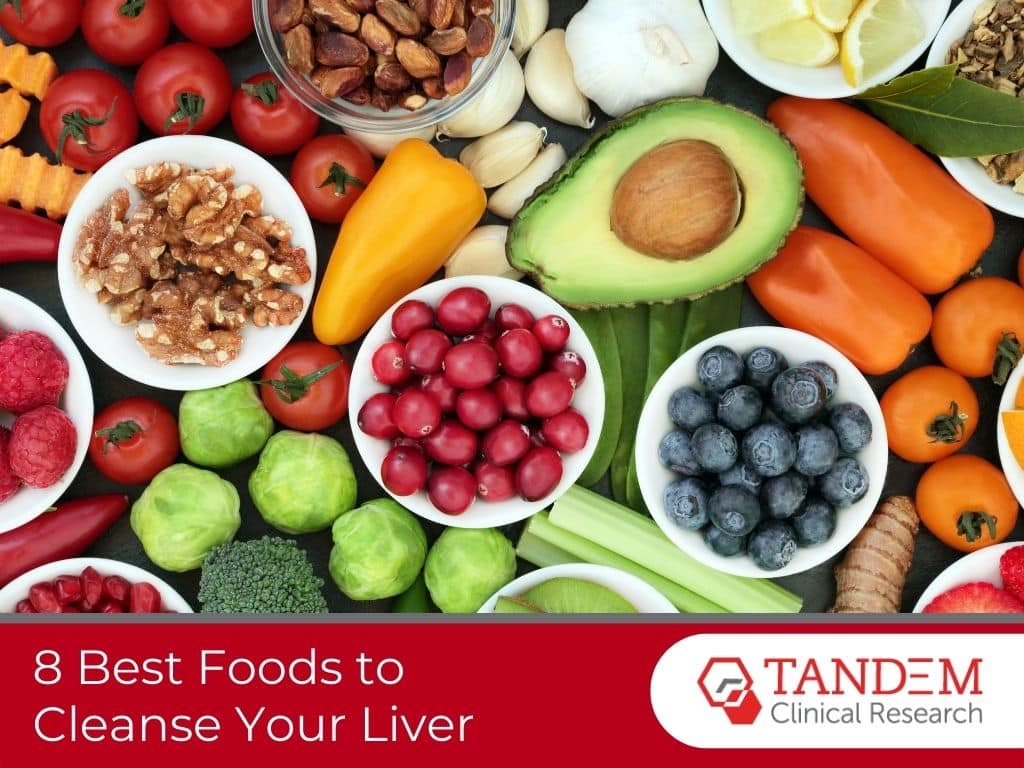Primary sclerosing cholangitis (PSC) is a chronic liver disease characterized by inflammation and scarring of the bile ducts, both inside and outside the liver. These bile ducts are responsible for carrying digestive fluids (bile) from the liver to the small intestine.
In cases of PSC, the inflammation and scarring of the liver cause the bile ducts to narrow and become obstructed, resulting in impaired bile flow and a range of related symptoms.
The exact cause of primary sclerosing cholangitis is currently unknown, and it is considered an autoimmune condition. It is also often associated with other autoimmune diseases, such as inflammatory bowel disease (IBD), particularly ulcerative colitis.
The progression of PSC can vary, and it may lead to complications such as liver cirrhosis, portal hypertension, and eventually liver failure.
PSC treatment strategies generally focus on relieving symptoms, managing complications, and monitoring liver function. In some cases, liver transplantation may be considered as an option, especially in advanced stages of the disease.
Who Can Develop PSC?
Primary sclerosing cholangitis can affect individuals of any age, but it is most commonly diagnosed in young to middle-aged adults. Men are more commonly affected by PSC than women, and individuals with a family history of PSC may have a higher risk of developing the condition.
While the prevalence of PSC is relatively low in the general population, it is more commonly observed in individuals with certain risk factors, such as those with a history of IBD or a family history of autoimmune liver diseases.
Early detection and management are crucial for individuals at risk or experiencing symptoms associated with PSC, and a healthcare professional can provide a thorough evaluation and diagnosis based on medical history, symptoms, and diagnostic tests.
Common Primary Sclerosing Cholangitis Symptoms
Fatigue
Fatigue in PSC can be attributed to several factors, including chronic inflammation and scarring of the bile ducts, which can impair liver function. Reduced bile flow and the associated accumulation of toxins in the bloodstream, along with the underlying autoimmune processes, contribute to systemic effects that may lead to fatigue and a general sense of tiredness.
Itching (Pruritus)
The obstruction and scarring of bile ducts can lead to reduced bile flow, causing bile salts to build up in the bloodstream and deposit in the skin. This can trigger the sensation of itching in individuals with PSC.
Jaundice
When bile ducts become obstructed, the impaired bile flow can result in the accumulation of bilirubin. This is a yellow pigment produced during the breakdown of red blood cells, contributing to the yellowing of the skin and eyes.
Abdominal Pain
This discomfort may result from inflammation and scarring of the bile ducts, leading to biliary strictures and obstruction. Further liver inflammation and associated complications can also result in ongoing abdominal pain.
Chills & Fever
Chills and fever in PSC may occur as a result of inflammation and infection in the bile ducts. Obstruction and scarring of the ducts can lead to bacterial overgrowth and infections, triggering systemic symptoms.
Unexplained Weight Loss
Reduced bile flow and the overall impact of liver dysfunction can result in an altered metabolism, and in some cases, unexplained weight loss. The chronic inflammation and scarring of the bile ducts can also contribute to malabsorption of essential nutrients.
Enlarged Liver or Spleen
PSC can cause an enlarged liver or spleen due to chronic inflammation and scarring, which can lead to congestion and changes in blood flow within the liver. As the disease progresses, the liver may become enlarged (hepatomegaly), and the spleen may also be affected, often as a consequence of portal hypertension and alterations in blood circulation.
Top Risks Associated With PSC
Infections
PSC can cause infections due to bile duct obstruction, stasis, and the compromised immune response associated with liver dysfunction. The stagnant bile can become a breeding ground for bacteria, increasing the risk of bacterial infections in the liver and bile ducts.
This is a significant risk as infections can further contribute to the progression of PSC, leading to complications and worsening overall health in affected individuals.
Liver Cirrhosis
Chronic inflammation and scarring can cause extensive fibrosis and loss of liver function. Liver cirrhosis represents advanced liver damage, impairing the organ’s ability to perform essential functions and increasing the risk of complications such as portal hypertension, liver failure, and an elevated risk of developing liver cancer (cholangiocarcinoma).
Portal Hypertension
PSC can cause portal hypertension as a result of advanced liver damage and cirrhosis. The scarring and fibrosis in the liver lead to increased pressure in the portal vein, which can result in complications such as varices (enlarged veins) in the esophagus and stomach, posing a significant risk of bleeding and other severe consequences.
Bile Duct Cancer
PSC is associated with an increased risk of developing cholangiocarcinoma, a form of bile duct cancer. The inflammation and damage to the bile ducts in PSC create an environment conducive to the development of cancerous cells. This poses a significant risk due to the aggressive nature of cholangiocarcinoma and its challenges in early detection.
Inflammatory Bowel Disease (IBD)
Primary sclerosing cholangitis is often associated with IBD. The co-occurrence of PSC and IBD poses a significant risk as it may lead to more severe complications in both conditions, affecting the digestive system and liver simultaneously. Additionally, managing the two conditions together can present unique challenges, requiring a comprehensive and coordinated approach to care.
Biliary Strictures & Obstructions
The inflammation and scarring associated with PSC can cause biliary strictures and obstructions. This is a significant risk as they impede the normal flow of bile, increasing the risk of complications such as jaundice, infections, and impaired liver function.
Osteoporosis
Chronic liver disease can affect the metabolism of minerals and vitamins important for bone health, leading to an increased risk of fractures and other complications associated with osteoporosis.
Primary Sclerosing Cholangitis Clinical Trials
Have you been diagnosed with primary sclerosing cholangitis? Are you experiencing the symptoms listed above?
If so, you may qualify for clinical studies to help researchers learn more about PSC and how it is treated. These studies are widely considered safe for patients and contribute to beneficial scientific and medical discoveries.
The purpose of these studies may include researching:
- The relationship between genetics, environmental factors, and PSC
- Risk factors for PSC
- New treatments for PSC
Participating in these studies benefits both you and future patients. If you’re interested in joining a primary sclerosing cholangitis trial, contact us today to learn about opportunities near you.
Potential Treatments for Primary Sclerosing Cholangitis
Monitoring & Surveillance
Regular monitoring through imaging studies, liver function tests, and other diagnostic tools is essential to detect complications and assess disease progression.
Liver Transplants
In cases of advanced liver disease or liver failure, liver transplantation may be considered. Liver transplantation is currently the only curative treatment for PSC, but it is reserved for individuals with severe complications or progressive disease.
Infection Management
Bacterial infections are common in PSC due to bile duct obstruction and compromised immune response. Prompt diagnosis and treatment, often with appropriate antibiotics, are essential to prevent complications and minimize the impact.
Medications
Drugs commonly used to treat primary sclerosing cholangitis (PSC) include Ursodeoxycholic Acid (to improve bile flow) and medications for symptomatic relief, such as antihistamines or bile acid sequestrants to manage itching. However, the efficacy of UDCA in PSC is debated, and treatment plans are individualized based on the specific needs and symptoms of each patient.
Match With Primary Sclerosing Cholangitis Clinical Trials
Tandem Clinical Research specializes in connecting patients with primary sclerosing cholangitis and other health conditions with clinical trials. If you live in or near New York City, New Orleans, or Orlando, let us see if there’s a study that could benefit from your participation.
Primary sclerosing cholangitis poses significant risks, but the latest studies are helping to develop new treatments and solutions for patients. Consider joining a clinical trial today to contribute to this critical research.
No post found!
How to Support Others With PSC
Considering that primary sclerosing cholangitis affects an estimated 1 in every 10,000 people, it is a relatively rare condition. Therefore, it can be difficult to know how to support a loved one after their diagnosis.
Here are a few strategies that will help you offer emotional and practical support during their health journey.





